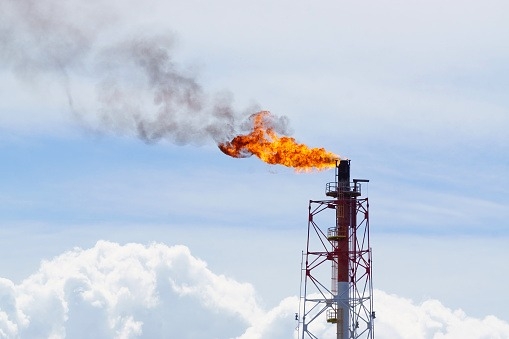New Delhi: To control the climate crisis, immediate action on methane emissions is crucial.
According to a study published in the journal, Frontiers in Science. methane, a gas responsible for about half of global warming to date, is increasing rapidly.
Methane is a potent greenhouse gas, yet only 2 per cent of climate finance targets its reduction. The Global Methane Pledge aims for a 30 per cent reduction from 2020 levels by 2030. The study highlights the economic benefits of methane mitigation, noting that every tonne emitted in 2020 caused damages estimated between US$470-1700, potentially up to $7,000 when considering health impacts. Mitigation can have immediate effects, as methane doesn’t persist long in the atmosphere.
An international team of researchers, led by Professor Drew Shindell from Duke University, emphasises that while CO2 has been the main focus, addressing methane can quickly reduce the rate of warming. The team outlines three key imperatives: reducing methane emissions, coordinating efforts to tackle both methane and CO2 and incentivising methane abatement.
The researchers developed an online tool to identify the most cost-effective methane reduction strategies by country. For example, major fossil fuel producers might benefit from regulating production and incentivising methane capture, while other countries might focus on landfill emissions. Individuals can contribute by reducing beef and dairy consumption supporting policies for composting and making polluters accountable.
Shindell concludes that while uncertainties remain, the urgency to reduce methane emissions is clear to mitigate accelerating climate damages.
(IANS)
















